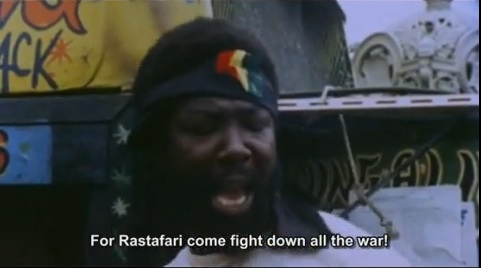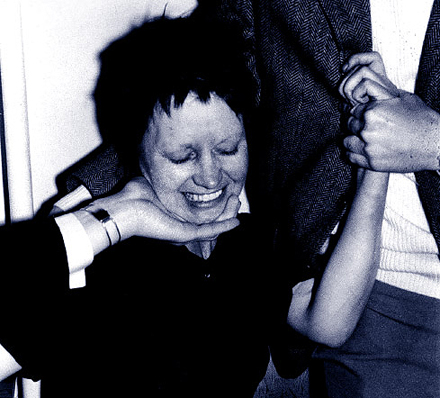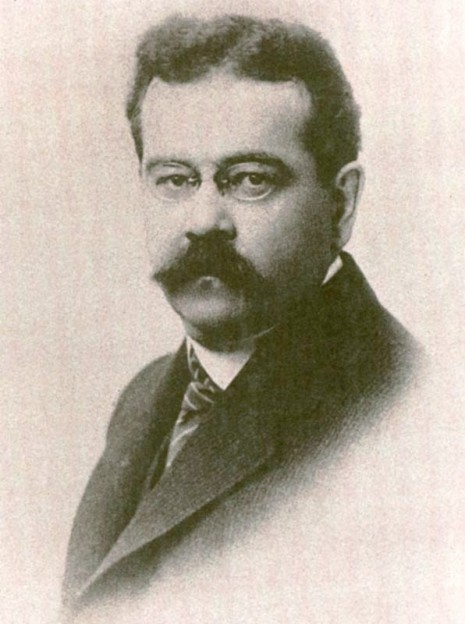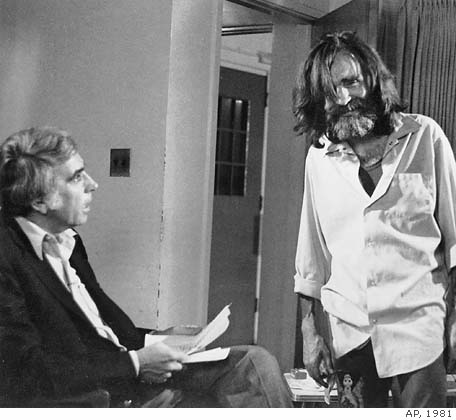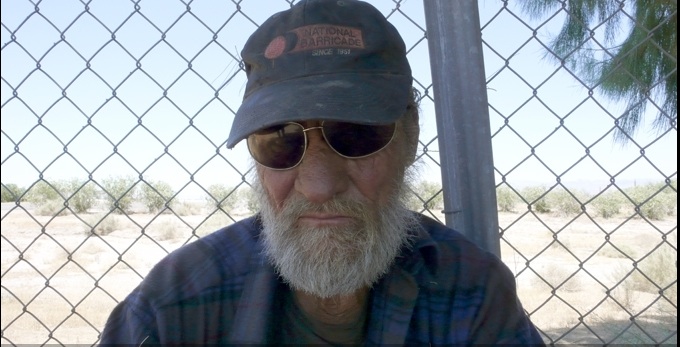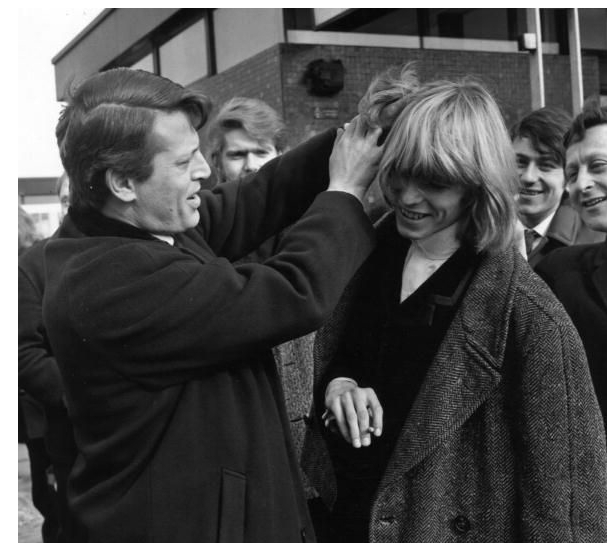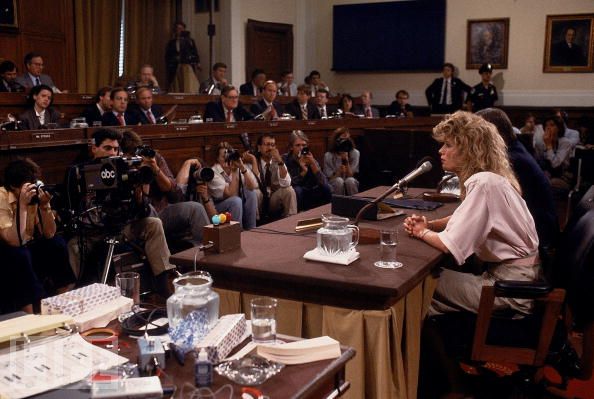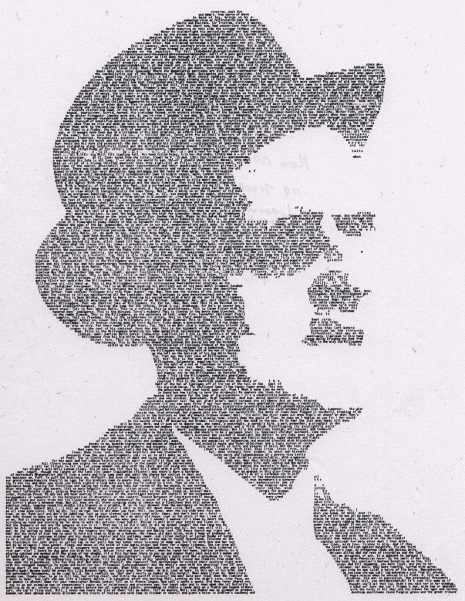
Image via Rodcorp
An actual recording of James Joyce himself reading the Anna Livia Plurabelle section of Ulysses. Click here for audio. Via the awesome Ubuweb.
Recording James Joyce by Sylvia Beach
In 1924, 1 went to the office of His Master’s Voice in Paris to ask them if they would record a reading by James Joyce from Ulysses. I was sent to Piero Coppola, who was in charge of musical records, but His Master’s Voice would agree to record the Joyce reading only if it were done at my expense. The record would not have their label on it, nor would it be listed in their catalogue.
Some recordings of writers had been done in England and in France as far back as 1913. Guillaume Apollinaire had made some recordings which are preserved in the archives of the Musée de la Parole. But in 1924, as Coppola said, there was no demand for anything but music. I accepted the terms of His Master’s Voice: thirty copies of the recording to be paid for on delivery. And that was the long and the, short of it.
Joyce himself was anxious to have this record made, but the day I took him in a taxi to the factory in Billancourt, quite a distance from town, he was suffering with his eyes and very nervous. Luckily, he and Coppola were soon quite at home with each other, bursting into Italian to discuss music. But the recording was an ordeal for Joyce, and the first attempt was a failure. We went back and began again, and I think the Ulysses record is a wonderful performance. I never hear it without being deeply moved.
Joyce had chosen the speech in the Aeolus episode, the only passage that could be lifted out of Ulysses, he said, and the only one that was “declamatory” and therefore suitable for recital. He had made up his mind, he told me, that this would be his only reading from Ulysses.
I have an idea that it was not for declamatory reasons alone that he chose this passage from Aeolus. I believe that it expressed something he wanted said and preserved in his own voice. As it rings out-“he lifted his voice above it boldly”-it is more, one feels, than mere oratory.
The Ulysses recording was “very bad,” according to my friend C. K. Ogden. The Meaning of Meaning by Mr. Ogden and I. A. Richards was much in demand at my bookshop. I had Mr. Ogden’s little Basic English books, too, and sometimes saw the inventor of this strait jacket for the English language. He was doing some recording of Bernard Shaw and others at the studio of the Orthological Society in Cambridge and was interested in experimenting with writers, mainly, I suspect, for language reasons. (Shaw was on Ogden’s side, couldn’t see what Joyce was after when there were already more words in the English language than one knew what to do with.) Mr. Ogden boasted that he had the two biggest recording machines in the world at his Cambridge studio and told me to send Joyce over to him for a real recording. And Joyce went over to Cambridge for the recording of “Anna Livia Plurabelle.”
So I brought these two together, the man who was liberating and expanding the English language and the one who was condensing it to a vocabulary of five hundred words. Their experiments went in opposite directions, but that didn’t prevent them from finding each other’s ideas interesting. Joyce would have starved on five or six hundred words, but he was quite amused by the Basic English version of “Anna Livia Plurabelle” that Ogden published in the review Psyche. I thought Ogden’s “translation” deprived the work of all its beauty; but Mr. Ogden and Mr. Richards were the only persons I knew about whose interest in the English language equaled that of Joyce, and when the Black Sun Press published, the little volume Tales Told of Shem and Shaun, I suggested that C.K. Ogden be asked to do the preface.
How beautiful the “Anna Livia” recording is, and how amusing Joyce’s rendering of an Irish washerwoman’s brogue! This is a treasure we owe to C. K. Ogden and Basic English. Joyce, with his famous memory, must have known “Anna Livia” by heart. Nevertheless, he faltered at one place and, as in the Ulysses recording, they had to begin again.
Ogden gave me both the first and second versions. Joyce gave me the immense sheets on which Ogden had had “Anna Livia” printed in huge type so that the author-his sight was growing dimmer-could read it without effort. I wondered where Mr. Ogden had got hold of such big type, until my friend Maurice Saillet, examining it, told me that the corresponding pages in the book had been photographed and much enlarged. The “Anna Livia” recording was on both sides of the disc; the passage from Ulysses was contained on one. And it was the only recording from Ulysses that Joyce would consent to.
How I regret that, owing to my ignorance of everything pertaining to recording, I didn’t do something about preserving the “master.” This was the rule with such records, I was told, but for some reason the precious “master” of the recording from Ulysses was destroyed. Recording was done in a rather primitive manner in those days, at least at the Paris branch of His Master’s Voice, and Ogden was right, the Ulysses record was not a success technically. All the same, it is the only recording of Joyce himself reading from Ulysses, and it is my favorite of the two.
The Ulysses record was not at all a commercial venture. I handed over most of the thirty copies to Joyce for distribution among his family and friends, and sold none until, years later, when I was hard up, I did set and get a stiff price for one or two I had left.
Discouraged by the experts at the office of the successors to His Master’s Voice in Paris, and those of the B.B.C. in London, I gave up the attempt to have the record “re-pressed “-which I believe is the term. I gave my permission to the B.B.C. to make a recording of my record, the last I possessed, for the purpose of broadcasting it on W. R. Rodger’s Joyce program, in which Andrienne Monnier and I took part.
Anyone who wishes to hear the Ulysses record can do so at the Musée de la Parole in Paris, where, thanks to the suggestion of my California friend Philias Lalanne, Joyce’s reading is preserved among those of some of the great French writers.






